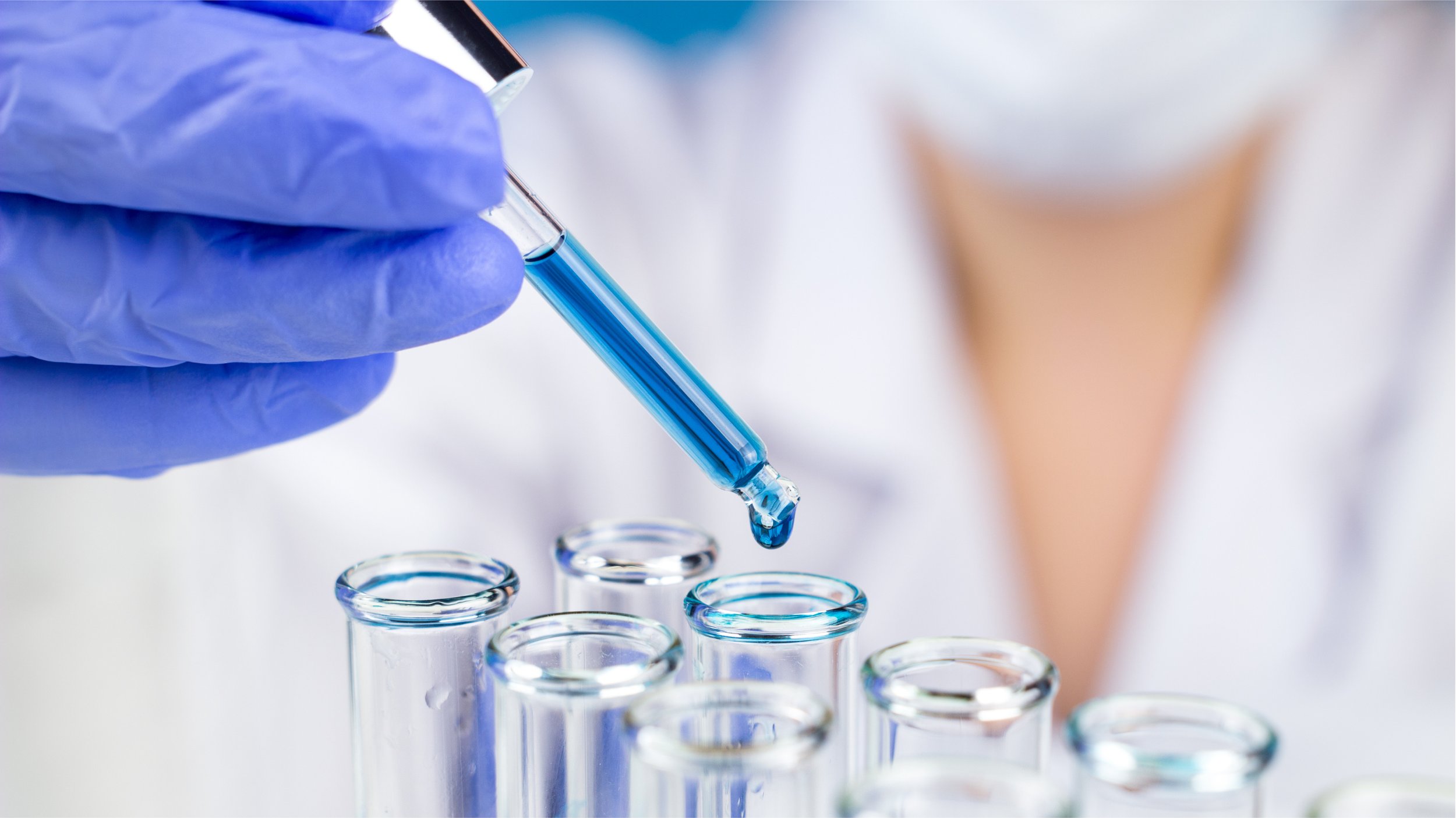
DMPK & Safety Assessment
Liver is known to be the primary organ responsible for xenobiotic metabolism, pharmacokinetics and prodrug activation. Whether it’s HepMice or isolated human hepatocytes from HepMice, it has become an attractive and capable translational tool to predict the clinical xenobiotic profile for preclinical validation of a new drug. Our recent study showed that HepMice demonstrated high levels of human chimeric (>70% human hepatocyte), human albumin and human-specific cytochrome P450 (CYP) expression which were comparable to donor liver profile. Exposure of isolated hepatocytes to Rifampicin (a CYP3A4 inducer) resulted in significant increase of CYP3A4 enzymatic activity, thereby proving that hepatocytes or liver microsomes are applicable in drug-drug interaction, drug metabolism and drug-induced liver injury (DILI) assays for new drug investigation.
Through collaborations with local and international GLP laboratories, Invivocue provides One-stop services to help clients understand the role that physicochemical properties, drug metabolism, pharmacokinetics and drug-drug interactions play in the safety and efficacy of the drug discovery and development process. We offer both in vitro and in vivo models for lead candidate selection, optimization and GLP safety assessment in the pre-clinical stage.
In Vivo Pharmacokinetic Service (Rodent model)
In vivo pharmacokinetic studies are mandatory to understand the drug metabolism and Pharmacokinetic properties in complex biological systems. Coupled with bioanalytical instruments, we are providing these in vivo pharmacokinetic services using wild-type mice or humanized mice.
Fundamental pharmacokinetics
Bioavailability
Tissue, organ or brain distribution
Data generated will be useful for lead candidate selection and optimization in the pre-clinical stage, as well as determining starting dose and drug regimen design in animal efficacy studies and clinical trials.
In Vivo Safety Assessment /Toxicity (GLP & Non-GLP)
Toxicology and genotoxicity studies that help to determine the toxicity profile of a new compound are a standard practice in the safety evaluation of new drugs and products. Invivocue offers single dose and repeated dose toxicity tests that conform to regulatory guidelines for your R&D needs.
Dose rinding (LD50)
Acute toxicity (14-days; OECD TG 420)
Sub-chronic toxicity (28-days; OCED TG 407)
Chronic toxicity (90-days; OCED TG 408)
In vitro bacterial reverse mutation (Ames) Test
In vivo micronucleus test (MNT)
GLP formulation and bioanalytical method development

Given the complexity of human disease, in-depth knowledge of each model is key to success in pre-clinical studies. Invivocue offers tailor-made study designs to suit your research needs.

